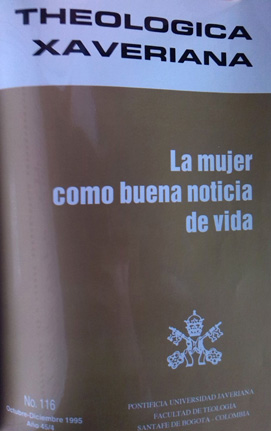Abstract
La época de Amós no fue fácil para el Reino del Norte. En la segunda mitad del S.VIII Israel estaba enfrascado en guerras defensivas con sus vecinos, especialmente por el Norte con Siria, pues habiéndose vista liberada de la presión que Asiria ejercía sobre sus límites para expandirse debido al ataque que esta última recibió el Reino de Uraltu, emprendió la recuperación de las tierras que antes estaban bajo su dominio y que Israel había arrebatado de su poder cuando Siria se vio enfrascada en la defensa de sus fronteras norteñas años atrás.
A esa situación se suma el aparente bienestar dentro de Israel que en realidad lo era para unos pocos, pues muchas injusticias de orden estructural se habían abierto paso. La tierra había sido vendida y negociada, se habían formado grandes latifundios, la corona acumulaba tierras para sus funcionarios y para el mantenimiento de la corte, se había estratificado la sociedad quedando grupos marginados, la monarquía se había desarrollado al margen de las tradiciones tribales y, por tanto, al margen del yahvismo. El rumbo que tomó se apartó, por tanto, del derecho divino aunque seguía conservando su confianza en la salvación realizada por Yahvé en el pasado.
This journal is registered under a Creative Commons Attribution 4.0 International Public License. Thus, this work may be reproduced, distributed, and publicly shared in digital format, as long as the names of the authors and Pontificia Universidad Javeriana are acknowledged. Others are allowed to quote, adapt, transform, auto-archive, republish, and create based on this material, for any purpose (even commercial ones), provided the authorship is duly acknowledged, a link to the original work is provided, and it is specified if changes have been made. Pontificia Universidad Javeriana does not hold the rights of published works and the authors are solely responsible for the contents of their works; they keep the moral, intellectual, privacy, and publicity rights.
Approving the intervention of the work (review, copy-editing, translation, layout) and the following outreach, are granted through an use license and not through an assignment of rights. This means the journal and Pontificia Universidad Javeriana cannot be held responsible for any ethical malpractice by the authors. As a consequence of the protection granted by the use license, the journal is not required to publish recantations or modify information already published, unless the errata stems from the editorial management process. Publishing contents in this journal does not generate royalties for contributors.


